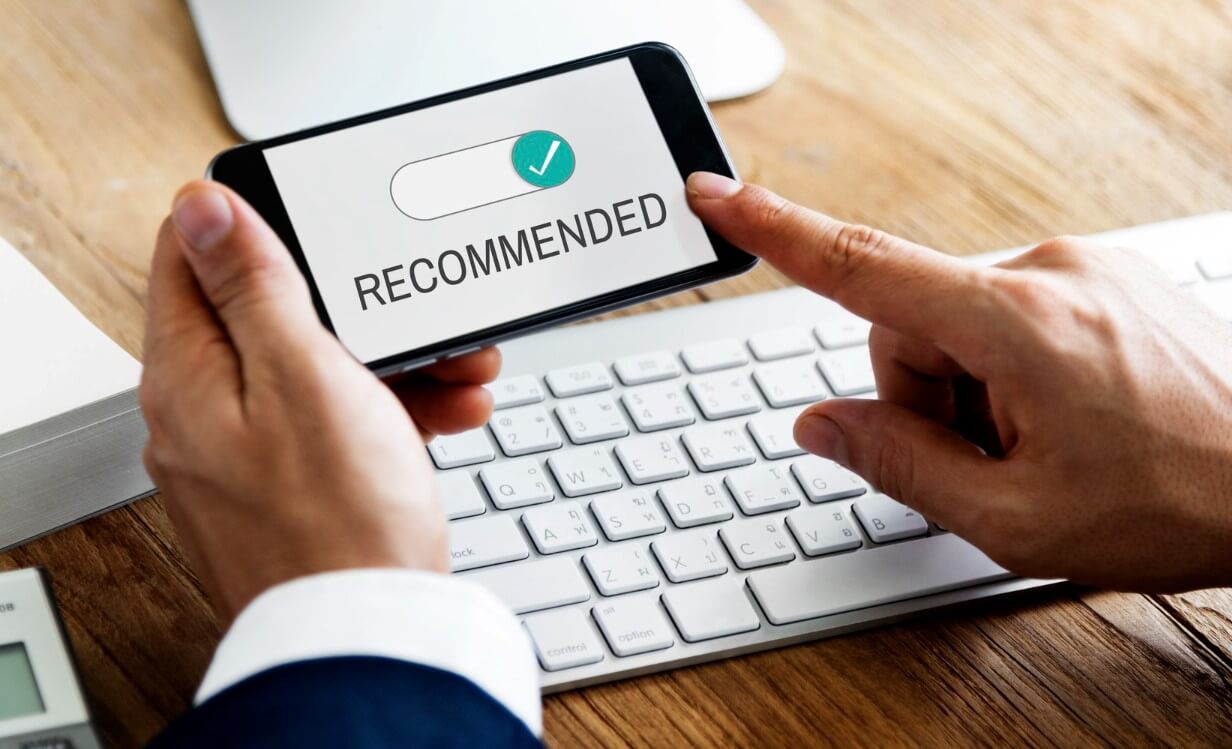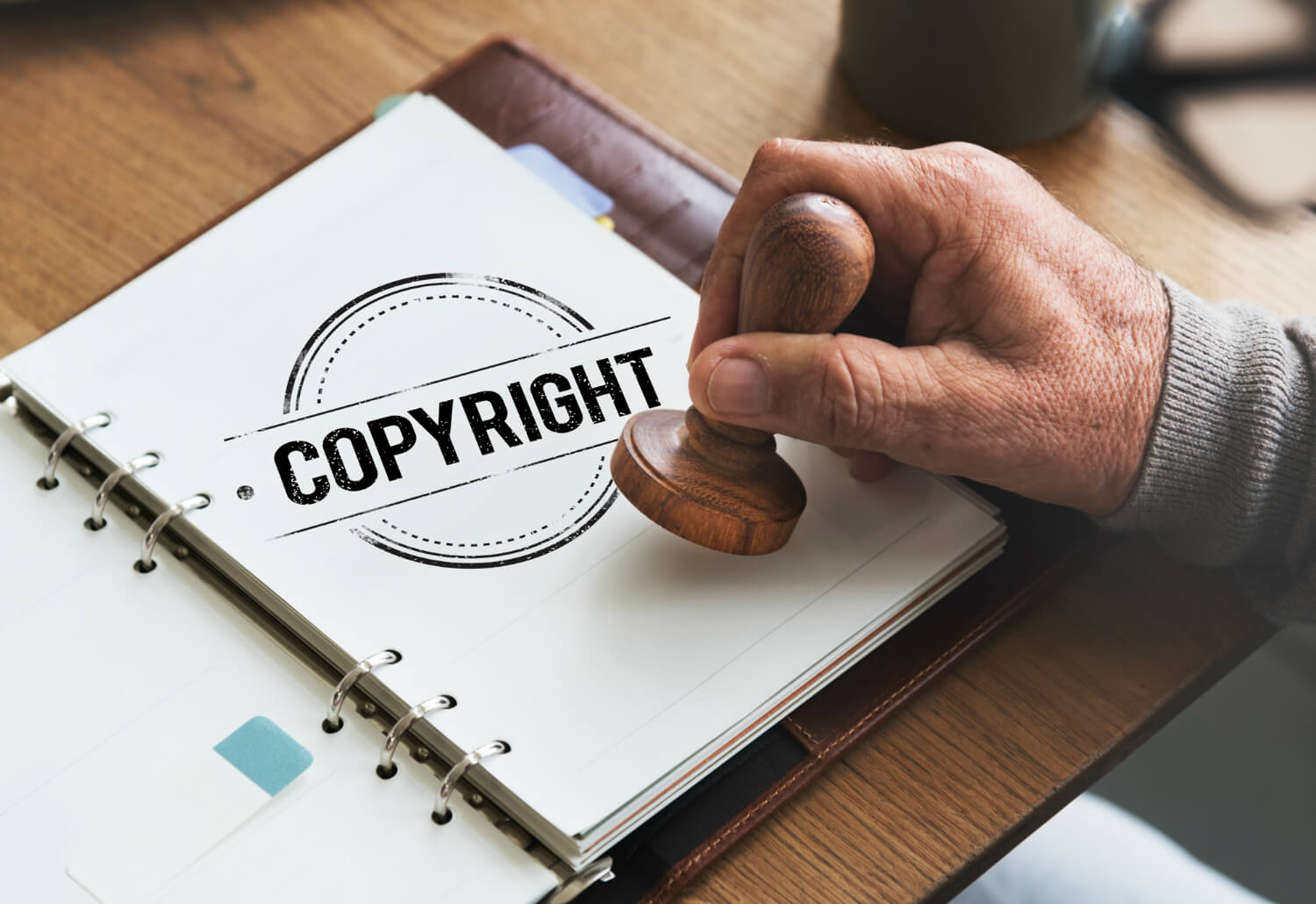Assessments: Select Library Topics from “Diagnosing” Yourself, Group or Organization?
You can use the information in this section of Library to get a quick impression, or assessment, of the quality of the activities within your organization (whether for-profit or nonprofit) or of other management activities, such as managing yourself or groups. Assessments often can be conducted by your filling out a very convenient, comprehensive online questionnaire.
Assessments can help you to identify “what you did not know that you did not know” or “what you thought was so, but isn’t so.” Assessments aren’t “fixes” or “solutions.” They represent yet another perspective for you to understand organizations, processes and yourself.
You can use the information from your assessment to identify what Library topics might be most useful to you. For example, if the results of your organizational assessment indicate that your organization needs a lot of work in its Board of Directors, then the Library topic of “Boards of Directors” will be very useful to you. Similarly, your organization might need work in strategic planning, business planning, product and programs, staffing, marketing, finances, etc.
Some people dislike the term diagnosis, believing that systems, such as organizations and human beings, cannot be diagnosed as if these systems are somehow static and can be understand merely by answering questions about them. Therefore, the term discovery might be more apt for these systems.
The following information uses the terms assessment and evaluation interchangeably — an approach that is increasingly common. (Technically, an assessment is a measurement and an evaluation associates a judgment and sometimes recommendations to that assessment.)
Sections of This Topic Include
Selecting Assessment Tools
Many of the questionnaires were placed on the Web by their authors for others to use. An assessment often reflects the philosophy and values of the author of that assessment. For example, some authors favor focus primarily on peoples’ values and beliefs, others on business policies and operations, others on both. You should consider this when you select a particular assessment.
Many assessments are in the form of quick questionnaires. Others are more comprehensive, sometimes validated (scientifically developed for accuracy, validity and reliability) tools that can include questionnaires, interviews, observation, etc.
Here are some guidelines to selecting from among publicly available assessments. The following sections suggest a variety of assessments, as well.
Below, are links to a wide variety of assessments in the form of online questionnaires. When selecting an assessment tool, first scan the various tools. Seek to find assessments that are understandable and realistic for you to use. Some tools might match the nature and needs of your organization or yourself more than others.
NOTE: You must enter any of the following Web addresses EXACTLY as it appears below.
Assessing Your For-Profit Organization
Various Organizational Assessments for For-Profits
Here are a variety of online assessments for for-profit organizations.
Here Is a Comprehensive Organizational Assessment Tool for For-Profits
The following comprehensive assessment takes about 30 minutes to complete. The tool attempts to focus on both the business systems and the people in the business. To assess your for-profit organization, go to the following Web address. The assessment tool includes directions to use the tool. The information that you provide in your assessment is not shared with anyone else.
Assessing Your Nonprofit Organization
Various Organizational Assessments for Nonprofits
Here are a variety of online assessments for nonprofit organizations.
Here Is a Comprehensive Organizational Assessment Tool for Nonprofits
The following comprehensive assessment takes about 20 minutes to complete. The tool also attempts to focus on both the organizational systems and the people in the organization. To assess your nonprofit organization, go to the following Web address. The assessment tool includes directions to use the tool. The information that you provide in your assessment is not shared with anyone else.
A Diagnostic Model to Analyze Results of Your Organizational Assessment
You might choose to address each of the areas that your assessment suggests need attention. You might not be concerned in which order you address those areas — you’ll address all of them. Also, you might not choose to analyze for the root causes of the various issues — and instead just do the best you can to address as many issues as possible by going forward. In that case, a diagnostic model isn’t necessary.
However, if you do want to do further analysis of the results of your assessment, including to understand more about root causes of the issues in the organization and in which order to address the different issues in your organization, then a diagnostic model will be handy. Here’s one model to consider for either for-profits or nonprofits.
To improve your organization, see Guidelines, Methods and Resources for Organizational Change Agents
Assessing Performance of Employees in Your Organization
This type of assessment should be done very carefully and in accordance with up-to-date personnel policies that conform to the employment laws of your state/province and/or country. The following link is to a comprehensive description of employment performance management.
Assessing Performance of Groups (Teams) in Your Organization
Similar to assessing employees, this type of assessment should be done very carefully and in accordance with up-to-date personnel policies that conform to the employment laws of your state/province and/or country. If your group is rather large, for example, over 12 members, then the dynamics of the group can be very similar to that of an overall organization, in which case organizational assessment tools might be suitable (see above). The following link is to a comprehensive description of team performance management.
Assessing Your Own Personal and Professional Development
The is a vast number and range of assessments for you to choose from, depending on your nature and needs. The following link is to a long list of tools. With personal assessments, it is even more important to select a tool that meets your own nature and needs.
Other Types of Assessments
The Library includes information about assessing a wide range of topics. The following link will give you a choice from among those topics.
Guidelines, Methods and Resources for Organizational Change Agents
If you are using the Library to improve the performance of your organization, then you might be very interested in how to use the results of organizational assessments to improve your organization. The following link is to a vast amount of guidelines and materials for that purpose.










